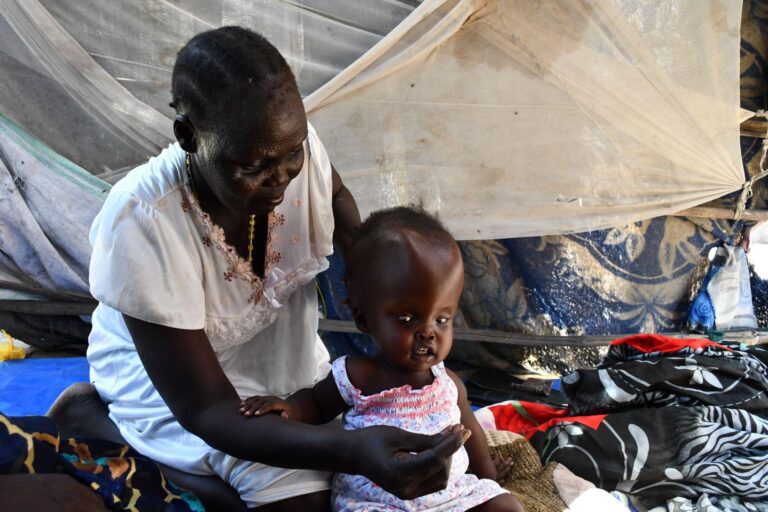Understanding the Intersection of Disability and Poverty
In Sudan, the challenges faced by individuals with disabilities are compounded by widespread poverty. More than 3.5 million people living with disabilities in Sudan are often left behind in socio-economic progress. This intersection creates a unique set of barriers that demand immediate attention and action.
The Current Situation in Sudan
The current socio-political climate in Sudan exacerbates the difficulties faced by disabled individuals. Conflict, economic instability, and social stigma contribute to a lack of access to essential services. As a result, many disabled individuals find themselves in a cycle of poverty from which it is hard to escape.
Importance of Advocacy and Awareness
Raising awareness about the issues faced by people with disabilities in Sudan is critical. Advocacy can lead to meaningful policy changes that can improve living conditions and accessibility for disabled individuals. Through education and outreach, communities can begin to dismantle the stigma surrounding disabilities.
Economic Empowerment Initiatives
Programs aimed at economic empowerment are essential in addressing disability and poverty. By providing vocational training and employment opportunities, organizations can help disabled individuals gain financial independence. Such initiatives not only uplift individuals but also contribute to the broader economic development of the community.
Case Studies and Success Stories
There are numerous case studies highlighting successful interventions in Sudan. For instance, organizations that focus on skill-building and microfinance have shown great promise. By sharing these success stories, more support can be garnered for similar initiatives.
Collaborative Efforts for Change
Collaborative efforts between local and international organizations are vital for sustainable change. Working together, these groups can harness resources and expertise to address the systemic challenges faced by disabled individuals. The power of unity in advocacy can significantly enhance the impact of programs aimed at reducing disability-related poverty.
Conclusion: A Call to Action
Addressing the intersection of disability and poverty in Sudan requires coordinated efforts from all sectors of society. It is crucial to advocate for policy changes, support economic initiatives, and foster community awareness. Evaluating and scaling successful programs is essential, and further information can be found at The Borgen Project.

